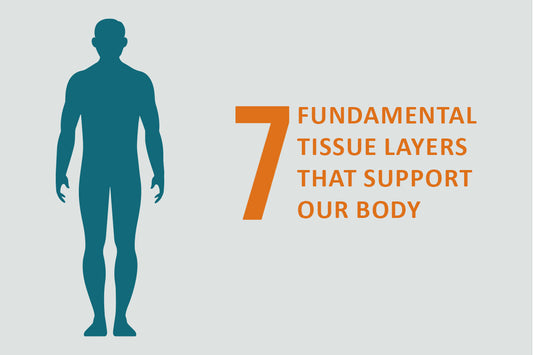In today’s fast-paced world, maintaining proper nutrition can be a challenge. With busy schedules, processed foods, and inconsistent eating habits, it’s easy to miss out on essential nutrients. But what if there was a way to ensure your body gets the nourishment it needs, without relying solely on traditional meals? Enter food-based supplements, the next big thing in nutrition, transforming how we approach health and wellness.
What Is Food-Based Supplements?
Food-based supplements are a unique category of dietary supplements made from whole food sources, including fruits, vegetables, dairy products, and other natural ingredients. Unlike synthetic vitamins and minerals, which are created in laboratories, food-based supplements aim to deliver nutrients in forms that closely mimic those found in the foods we eat.
Vitamin D Deficiency: A Common Issue
One of the most widespread nutrient deficiencies in the United States is vitamin D. Found in limited food sources like fortified dairy products, fatty fish, and eggs, vitamin D plays a crucial role in bone health, immune function, and mood regulation. However, many individuals fail to get enough of it from their diet alone. This is where food-based supplements come into play, offering a natural alternative to support your nutrient intake.
Scientific evidence suggests that vitamin D deficiency is associated with a variety of health conditions, such as weakened immunity, fatigue, and even mood disorders. For those who struggle to get enough vitamin D from food sources, like dairy products or fatty fish, food-based supplements provide a convenient and effective solution.
Gut Health: The Gateway to Overall Wellness
Gut health has become a hot topic in the wellness world, and for good reason. Scientific studies have shown that a healthy gut can positively impact everything from immune function to mental clarity. However, poor dietary patterns, high in processed foods, can disrupt the balance of good bacteria in the gut, leading to digestive issues and other health risks.
Food-based supplements designed to support gut health often contain probiotics, prebiotics, and digestive enzymes derived from natural food sources. These supplements can help restore balance to the gut microbiome, promoting better digestion and overall well-being.
The Power of Fruits, Vegetables, and Animal Products
The key to any balanced diet lies in the diversity of food sources. While fruits and vegetables are packed with essential vitamins, minerals, and antioxidants, animal products can provide bioavailable forms of nutrients such as vitamin B12, iron, and omega-3 fatty acids. However, modern dietary patterns often lack sufficient intake of these nutrients, leaving individuals vulnerable to potential health risks.
Food-based supplements aim to bridge this gap by offering concentrated doses of vitamins and minerals from natural food sources. Whether you're looking to support heart health with omega-3s or boost your intake of antioxidants with fruit-based supplements, these products are designed to complement your diet without replacing the need to eat whole foods.
Why Choose Food-Based Supplements?
- Science-Backed Formulas: Many food-based supplements are created with scientific evidence in mind, ensuring that you’re getting the nutrients your body needs in the right amounts.
- Better Absorption: Nutrients derived from food sources tend to be more bioavailable, meaning your body can absorb and utilize them more efficiently than synthetic forms.
- Less Risk of Overdose: Since these supplements are food-based, the risk of taking excessive amounts of nutrients is reduced. They provide balanced doses, similar to what you would consume through a healthy diet.
- Sustainability: Food-based supplements can support sustainable practices by using whole food ingredients rather than synthetic chemicals, aligning with eco-conscious consumers.
The Role of Dietary Supplements in Modern Nutrition
As we navigate the modern landscape of nutrition, dietary supplements have become an essential tool in supporting overall health. However, it’s important to remember that supplements should not replace a healthy diet rich in fruits, vegetables, and other nutrient-dense foods. Instead, they should complement your eating habits, ensuring that you are meeting your nutritional needs despite the challenges of daily life. By embracing food-based supplements, individuals can ensure they are getting the health benefits of vitamins, minerals, and other nutrients that may be missing from their regular diet.
In Conclusion
The future of nutrition lies in food-based supplements, revolutionizing how we approach health and wellness. With the right balance of vitamins, minerals, and natural food sources, these supplements provide a convenient solution to common health concerns. From vitamin D deficiency to digestive issues, food-based supplements offer a powerful, science-backed way to fill the gaps in our nutrient intake and support long-term well-being.
So, next time you reach for a supplement, consider whether a food-based option might be the perfect addition to your healthy lifestyle. Eat food, support your health, and let science help guide you to a more balanced, nourished life.






